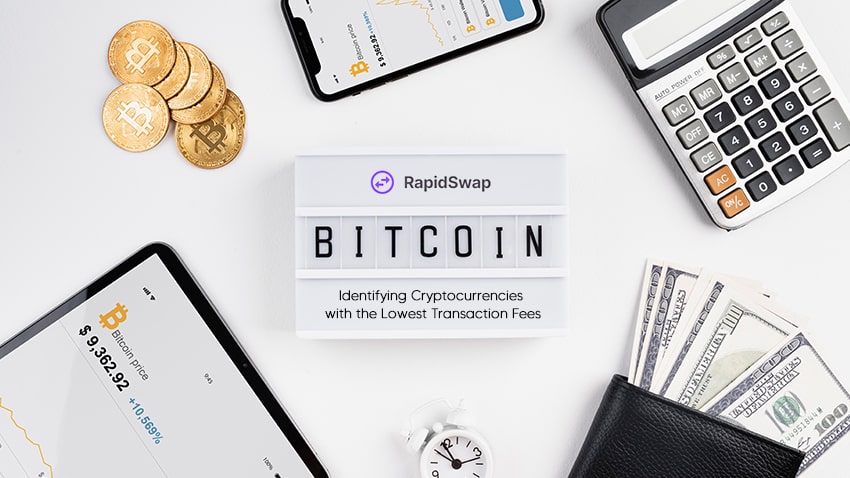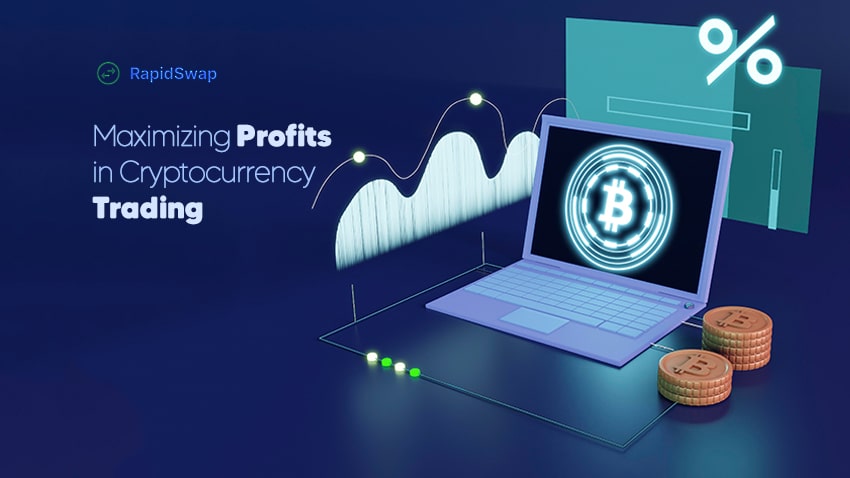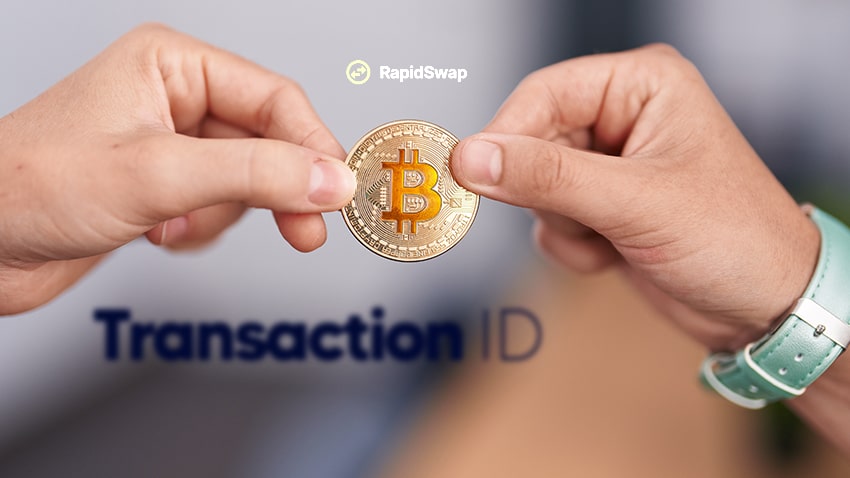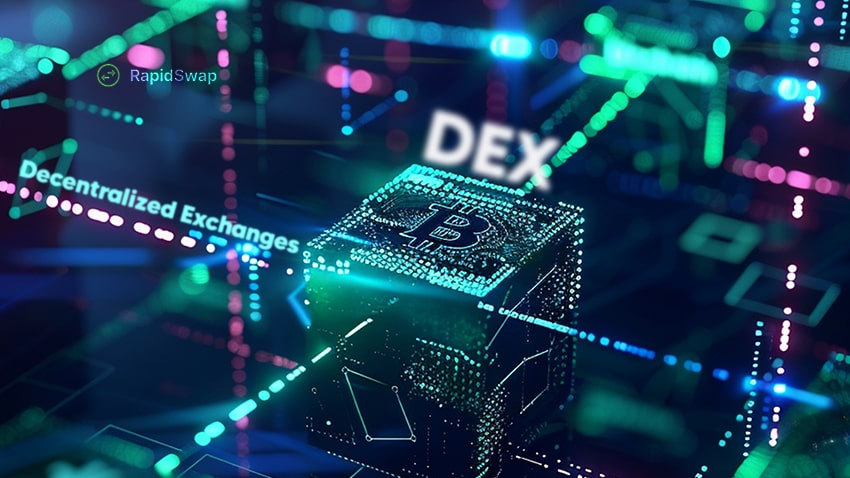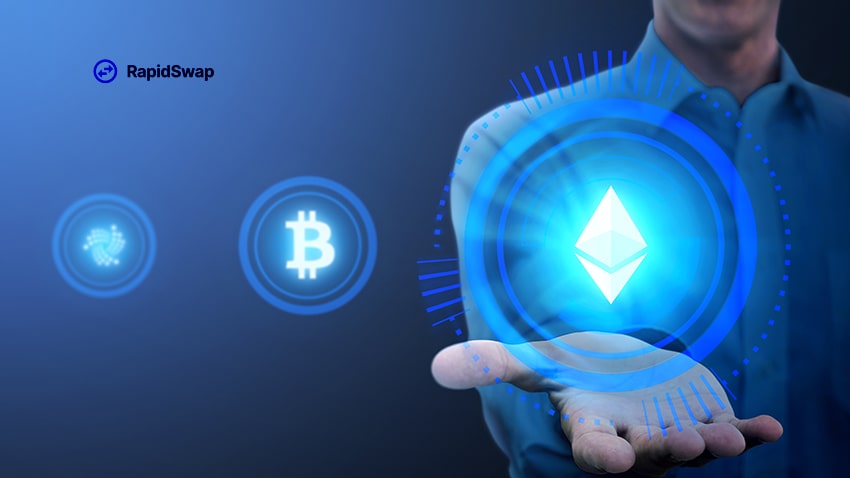Identifying Cryptocurrencies with the Lowest Transaction Fees
Cryptocurrencies have revolutionized the financial landscape by offering decentralized and often borderless transactions. However, as more people delve into the world of digital assets, they quickly discover that along with the potential for significant gains, there are also hidden costs—most notably, transaction fees. These fees can vary widely across different cryptocurrencies and can significantly impact

